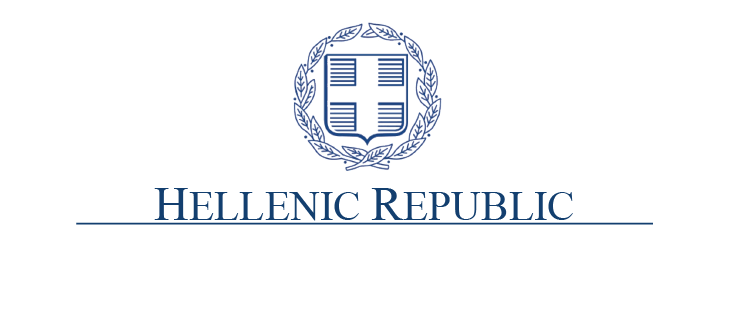The National Transparency Authority (NTA) participated in the Spring Meeting of the Senior Officials' Committee on Public Integrity of the OECD, which took place online on Tuesday 28 June 2022 with the participation of more than 100 representatives from anti-corruption and anti-corruption prevention authorities from all member states of the Organisation for Economic Co-operation and Development (OECD).
The meeting discussed:
a) the revision of the 2010 OECD Recommendation on the regulation of "Lobbying" and
b) the application of behavioural analysis methodology to strengthen public integrity policies.
The NTA was asked to take a position on the draft revised Recommendation on the regulation of "Lobbying" given the recent adoption of Law 4829/2021 and its, including those of the OECD." The National Transparency Authority highlighted the key points of the draft of the new OECD Recommendation on "Lobbying", many of which have been incorporated into Law 4829/2021, which introduced for the first time a relevant institutional framework and an electronic Transparency Register in our country, which is already a good practice within the framework of the OECD. In the 2nd thematic area, the NTA presented the progress of the project it is implementing, with the support of the Directorate General for Structural Reforms of the EU, aiming at developing a methodology for the design and implementation of behavioural interventions (nudging) in order to "push" citizens towards behaviours that are in line with the principles of ethics and integrity. This model is being piloted in the field of Public Health, and in particular in the prevention of irregular claims for medical services and pharmaceuticals.
 EL
EL  EN
EN 
